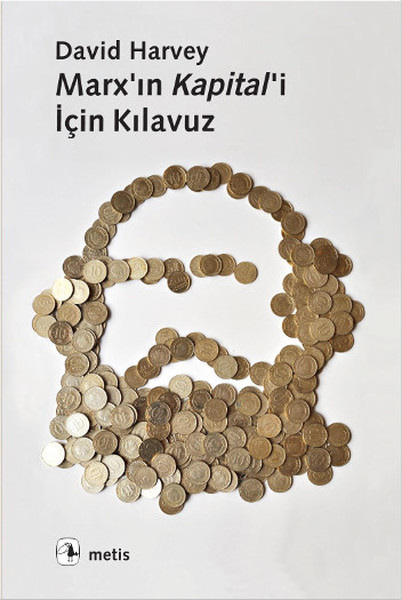

By following Hegel, for whom individuals are servants of the Spirit, which manifests its cunning in History, Marx denied any dignity to individuals especially during the capitalistic phase of history (the modern age) when they alienate their human essence in the labor-force. Marx had an opposite vision: he was a Hegelian scholar, totally influenced by the 19th century German Idealism. While for the classical school value comes from the supply side and equals the cost of production, intended either as the cost of the inputs which includes labor (as in Smith) or simply as labor (as in Ricardo and Marx) for marginalists, value comes from the demand side and it entirely depends on individual utility and the notion of scarcity. The major anomaly of the classical school of economics was a wrong or incomplete theory of value. In Kuhn’s terms this process is a scientific revolution, but for Schumpeter it is more like an evolution. As Kuhn explained (1962): when anomalies are discovered in the analytical core of a scientific discipline, a new paradigm emerges and replaces the previous one. Marginalism overtook the classical school of political economy precisely because the classical school analytical toolbox was replaced by the marginalist one. In the 1870s, the founders of marginalism, Jevons, Menger, and Walras, published their works: respectively The Theory of Political Economy (1871), Grundsätze der Volkwirthschaftslehre (1871), and Éléments d’économie politique pure, ou théorie de la richesse sociale (1874).


 0 kommentar(er)
0 kommentar(er)
